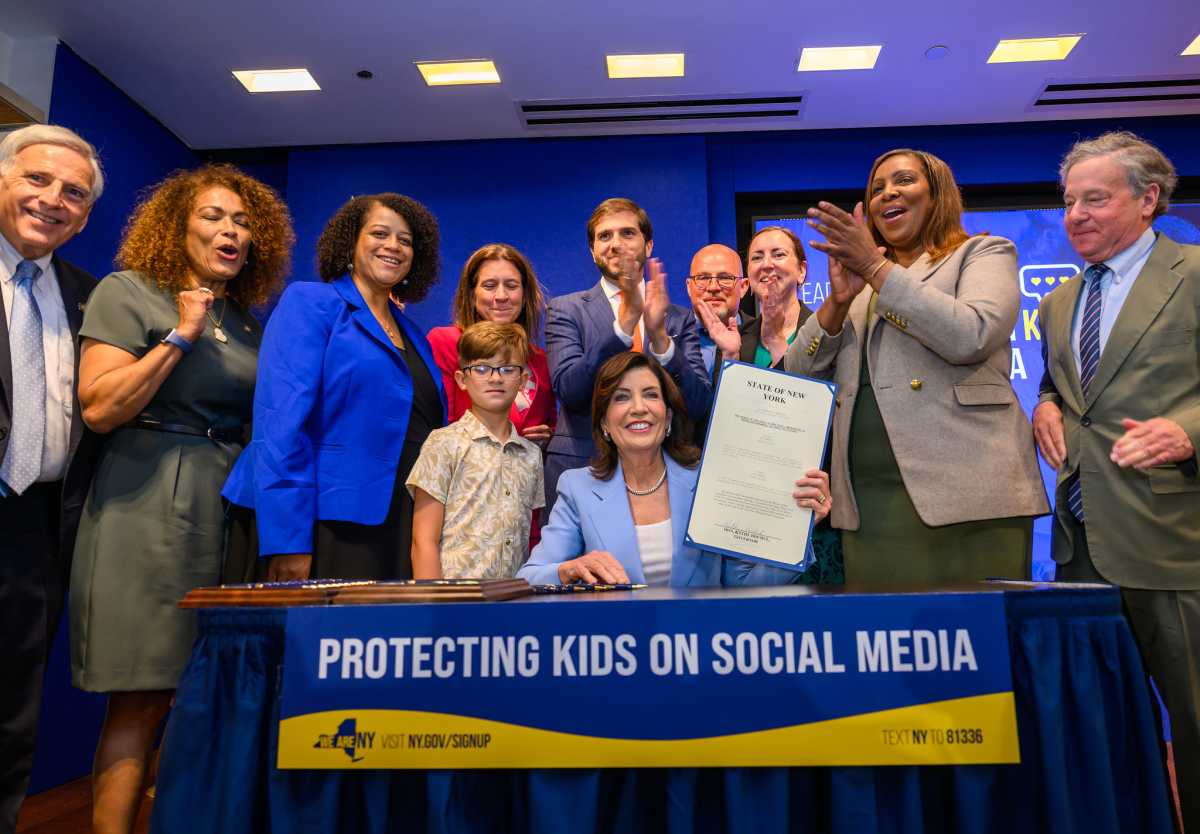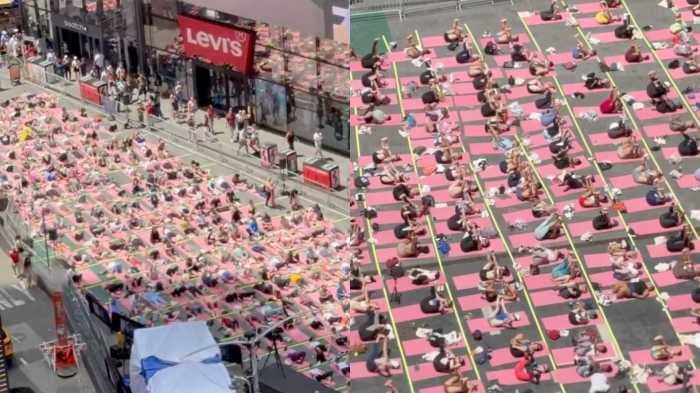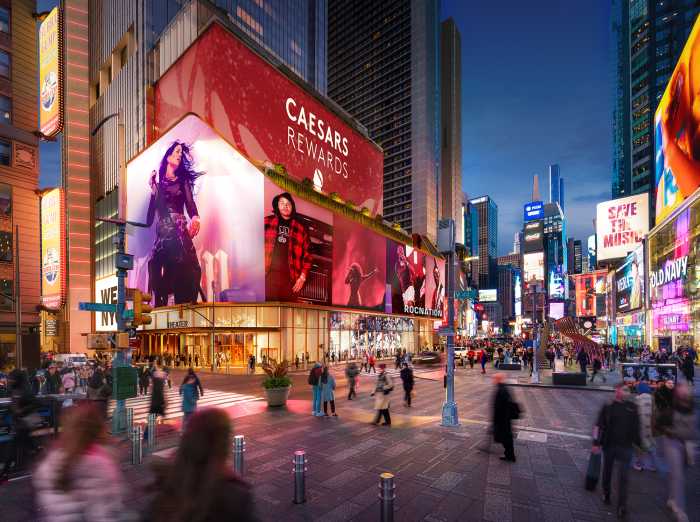
The NYC allergy season is badder, longer — and starting earlier.
It’s “starting earlier because it’s becoming warmer earlier in the season,” triggering pollen eruptions as early as February, said Dr. Morris Nejat, medical director of the New York Allergy and Sinus Centers.
This year’s hay fever and respiratory allergy season “is going to be bad and it’s going to be long” he predicted.
Hordes of New Yorkers are already sneezing, itching their eyes, blowing their nose, and suffering sinus hell.
“I started feeling it weeks ago — in February,” said Elvin Almonte, 37, an administrative assistant from Ridgewood Queens, who has been on a daily diet of Claritin since then.
Maria Rosario, 43, a nanny from the Bronx, proffered a giant clump of paper napkins from her pocketbook as she turned aside to blow her nose. “I sound like a really loud trumpet player during allergy season,” she apologized, adding that her face swells up “like a potato. My nose peels from all the tissues I use up and I put ChapStick on my nose,” to soothe her flaky flesh.
NYC ranks 31st out of 100 major “most challenging” cities to live in for spring allergy sufferers according to the Asthma and Allergy Foundation of America, which says that 10–30% of adults — and even more kids — suffer from allergic rhinitis.
All those afflicted should ideally visit an allergist for testing in order to identify their specific allergens and received customized treatment. A series of allergy shots are usually the most powerful defense against symptoms, Nejat said, but, he allowed, there are things all sufferers can do to alleviate symptoms as we head into The Season of the Itch.
If you’re a contact wearer, consider switching to glasses during tree pollen season, which lasts until mid June. And consider clear specs or sunglasses if you don’t wear glasses at all.
“The tree pollen people have really bad eye symptoms,” and glasses “protect your eyes,” Nejat explained.
Saline drops are also useful, and if those don’t work, you can always obtain a prescription for Pazeo, an ophthalmic antihistamine. “It’s super expensive,” but it works well, he said. (Grass pollen season, incidentally, goes through July.)
“Keep your bubble pollen free!” urges Nejat. That means keeping the windows shut at work and at home, the air conditioners (which filter air) and HEPA filters on, and removing all your clothes the minute you come home. “Put them in the hamper!” to isolate them, Nejat urged, counseling sufferers to wash both their bodies and hair (hair is a giant pollen collector) before bed.
Clean yourself and your environment “as if you’re contaminated with plutonium,” Nejat advised.
It’s also a good idea to wash bed linens frequently in hot water and encase your mattress and pillows in “allergy control” covers which protect against more than just dust mites. “Most people who come to the allergist have multiple allergies,” Nejat noted.
Nasal irrigation (a daily or twice daily saline cleanse with the aid of a neti pot, Nasopure or NeilMed sinus rinse kit) are pollen purgers with no side effects.
The OTC anti-allergy nasal sprays such as Nasacort, Flonase and Rhinocort “are a great first line” of defense for those with nasal congestion who need something a little stronger, Nejat said.
Natural remedies are also an option.
People can soothe their symptoms with acupressure (two-minutes of pressure or massage over your sinuses and on the spot between your eyebrows) counseled Debbie Valentin, a licensed acupuncturist and founder of Sage Wellness Center in the Financial District.
Other holistic treatments include eight drops of eucalyptus oil in freshly boiled water you inhale as a vapor if you were steaming your face.
“Eucalyptus oil has very powerful anti-inflammatory and decongestant properties,” Valentin said.





































